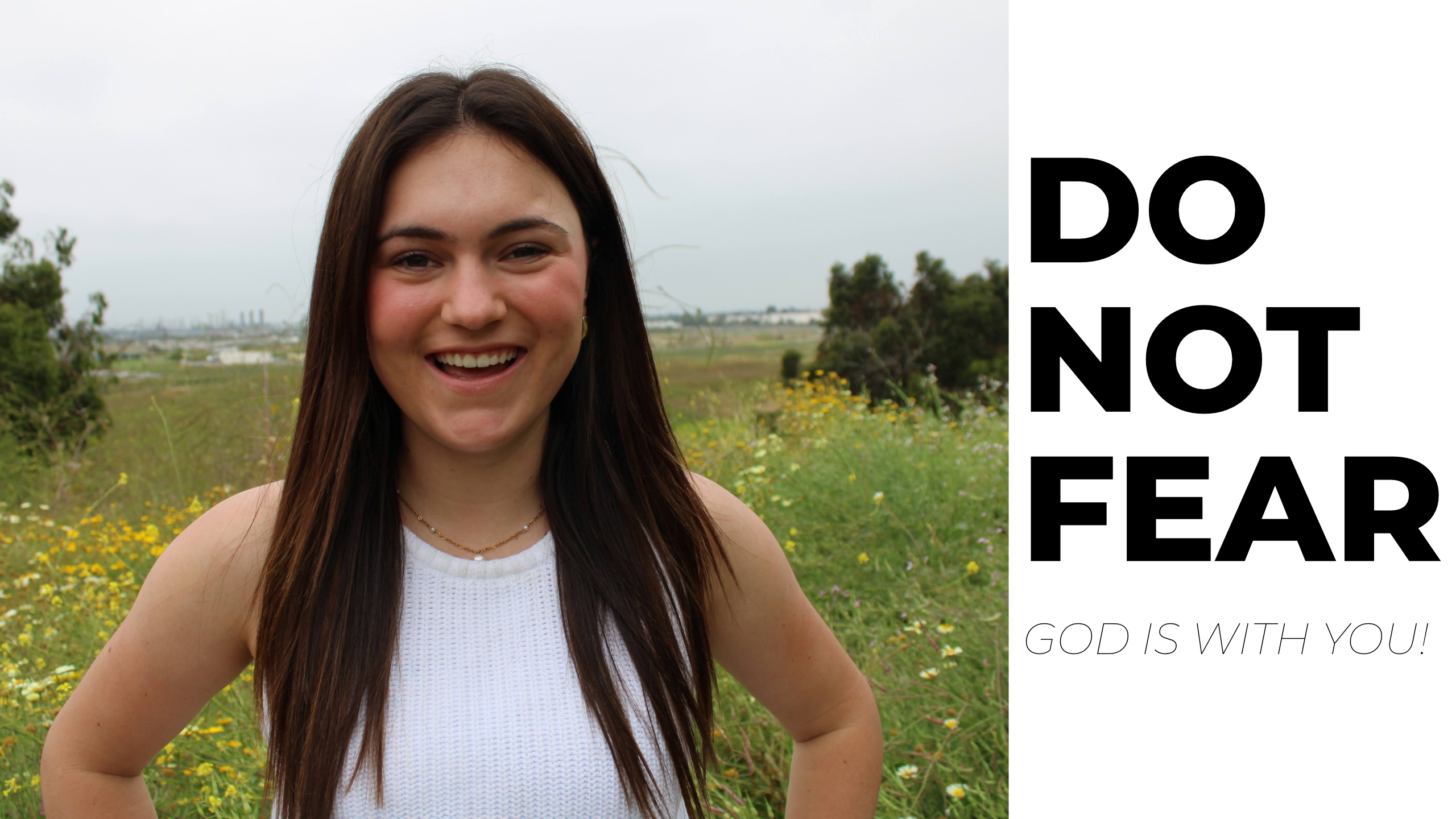
Both of my parents are pastors, so I grew up in the church. I knew all about Jesus—could quote Scripture, answer every Sunday school question, and was that kid who always had her hand up. Our little church in Stanton, California had a soup kitchen every Wednesday. After Bible study, we’d serve hot meals to the homeless and low-income members of our community. It was one of my favorite things we did together as a church.
I’ll never forget one night when I was about 10 years old. The line for food started to form, and the aroma of warm, home-cooked meals filled the room. Everyone was hungry—including me. So my friends and I did what made sense to us: we jumped to the front of the line, excited to eat.
Then something unexpected happened.
One of the kitchen volunteers stepped into the middle of the line and called for everyone’s attention. She said, “Today, the first will be last, and the last will be first.” Then, she asked those of us in the front to move to the back and invited those at the end of the line to come to the front.
I remember thinking (and maybe even saying), “What?! I got here first! That’s not fair!”
But looking back now, 10-year-old Hannah had a lot to learn. And over the years, Jesus, in His kindness and patience, has continued to teach me.
That moment was more than just about waiting my turn. It was a heart check. It was a lesson in humility, compassion, and what the Kingdom of God truly looks like. Maybe it’s an invitation for us to check our hearts today, too.
Lately, I’ve been reading through the Gospel of Matthew, and it strikes me every time how Jesus describes the Kingdom of Heaven. It belongs to the “little children” (Matt. 19:14), to the “poor in spirit,” “those who mourn,” “the meek,” “those who hunger and thirst for righteousness,” “the merciful,” and “the persecuted” (Matt. 5:3–11). It’s a kingdom flipped upside down.
Jesus didn’t come for the ones who had it all together or those who kept the commandments perfectly. He wasn’t impressed by the ones who could recite the Torah or flaunted their religious status like the Pharisees. No, Jesus came to turn religion on its head and reveal the heart of God.
I’m convinced that if Jesus walked into a fancy dinner party, He wouldn’t head for the guest of honor. He’d seek out the one sitting alone. He’d ask, “Who here needs to be seen, heard, and loved today?” And He’d stay and linger there, not rushing to get out of the conversation or hoping that others will see his kind gesture.
Jesus doesn’t love to impress. He loves because it’s who He is. No performance. No status to protect. No ulterior motives. No hidden agenda. He sees and sits and stays with the lowly.
When I think about the life of Jesus, what stands out isn’t just His miracles or His teachings, but the way He lived. He never relied on human approval or felt the need to prove Himself. He knew who He was and why He was sent. That’s how the King of the Universe could enter Jerusalem on a donkey and sit at a table with tax collectors and prostitutes.
That’s how the Son of God could touch a leper, raise the dead, and still call the outcast “daughter.”
Jesus didn’t come to prove. He came to serve.
And when we know who we are—when we’re secure in our identity in Christ—we can live that way too. We don’t need to climb ladders or strive for approval. We can follow Jesus’ example by not asking others to rise to our level, but humbling ourselves to meet them where they are.
I’ll be honest, admitting my own flaws isn’t easy. But that little girl who cut to the front of the line had a heart that needed refining. I was focused on fairness. Jesus was focused on love. What I saw as an inconvenience was actually a divine invitation. An invitation to put on new lenses and see the world the way He does.
That’s what this whole journey is about: learning to see like Jesus. Learning to be like Him.
So let’s talk about what this looks like in real life.
Here’s the truth: we can’t change our hearts on our own, only God can do that. But we can start with a simple prayer:
“Jesus, help me see people the way You see them this week. Help me make my life less about me, and more about You and loving Your people.”
Then, as you go through your week, whether you’re stuck in an unexpected conversation at the grocery store, passing someone experiencing homelessness, sitting in a boardroom, or at dinner—look for ways to serve like Jesus.
Maybe that means really listening to someone who needs to be heard. Maybe it’s helping out a family member without being asked. Maybe it’s buying a meal for someone, or sitting next to the kid who’s always alone at lunch.
Whatever it is, ask the Holy Spirit to help you take the posture of Jesus.
A posture that humbles itself.
A heart that sees others.
A life that lingers with the lowly.
Because in the upside-down Kingdom of God, the last are first.


